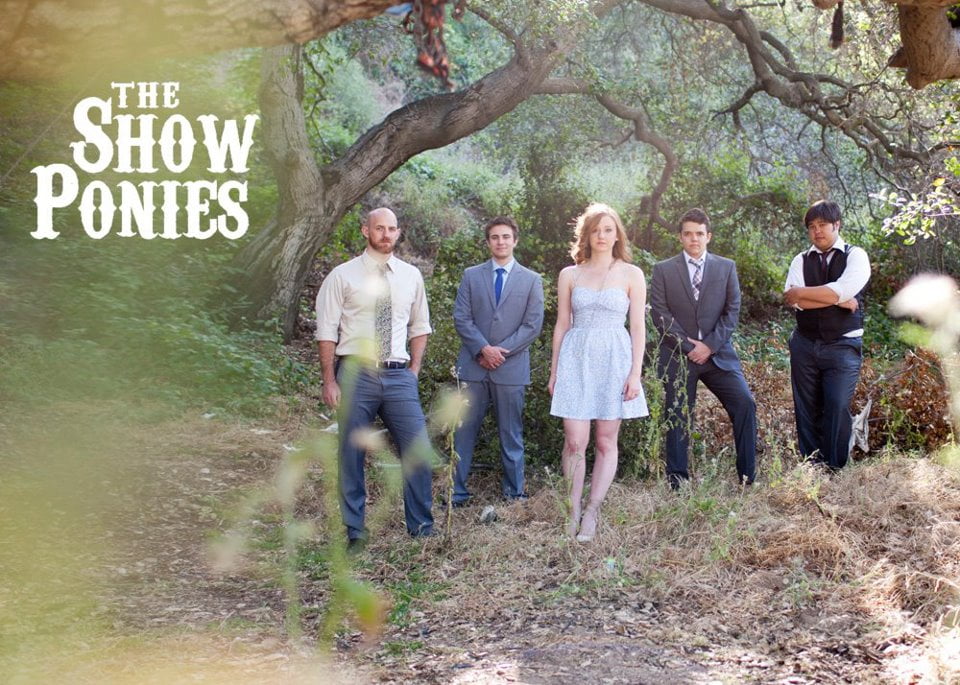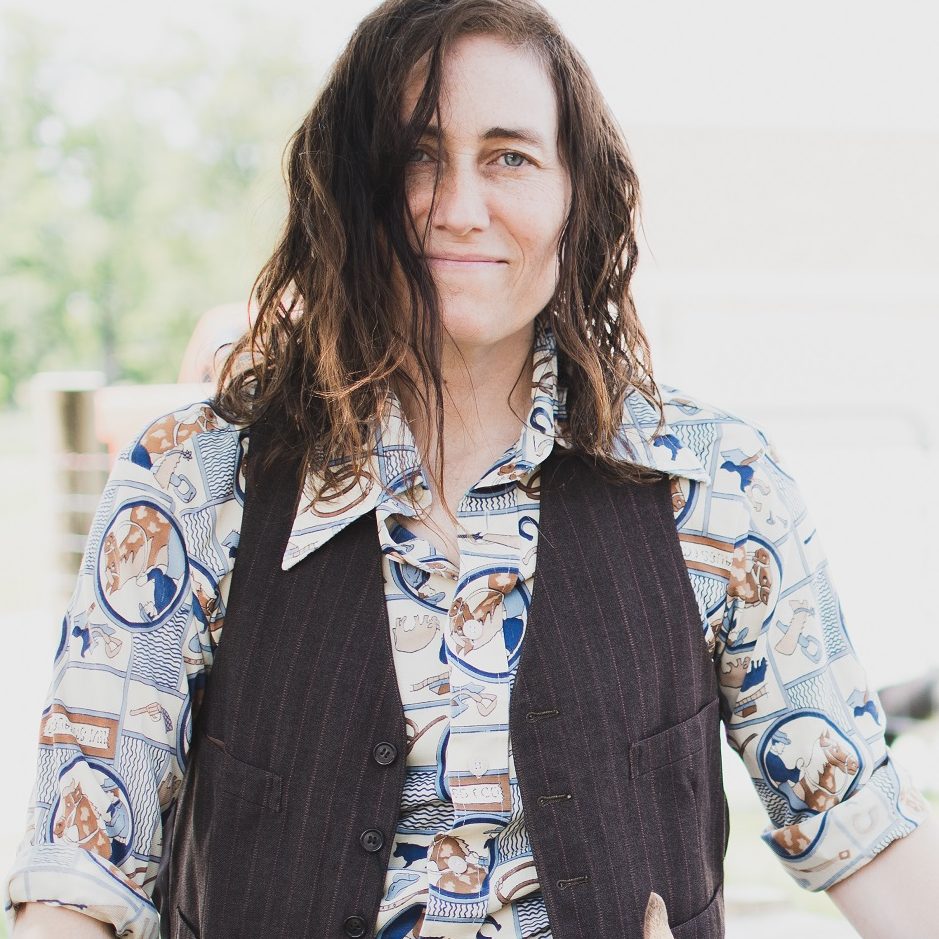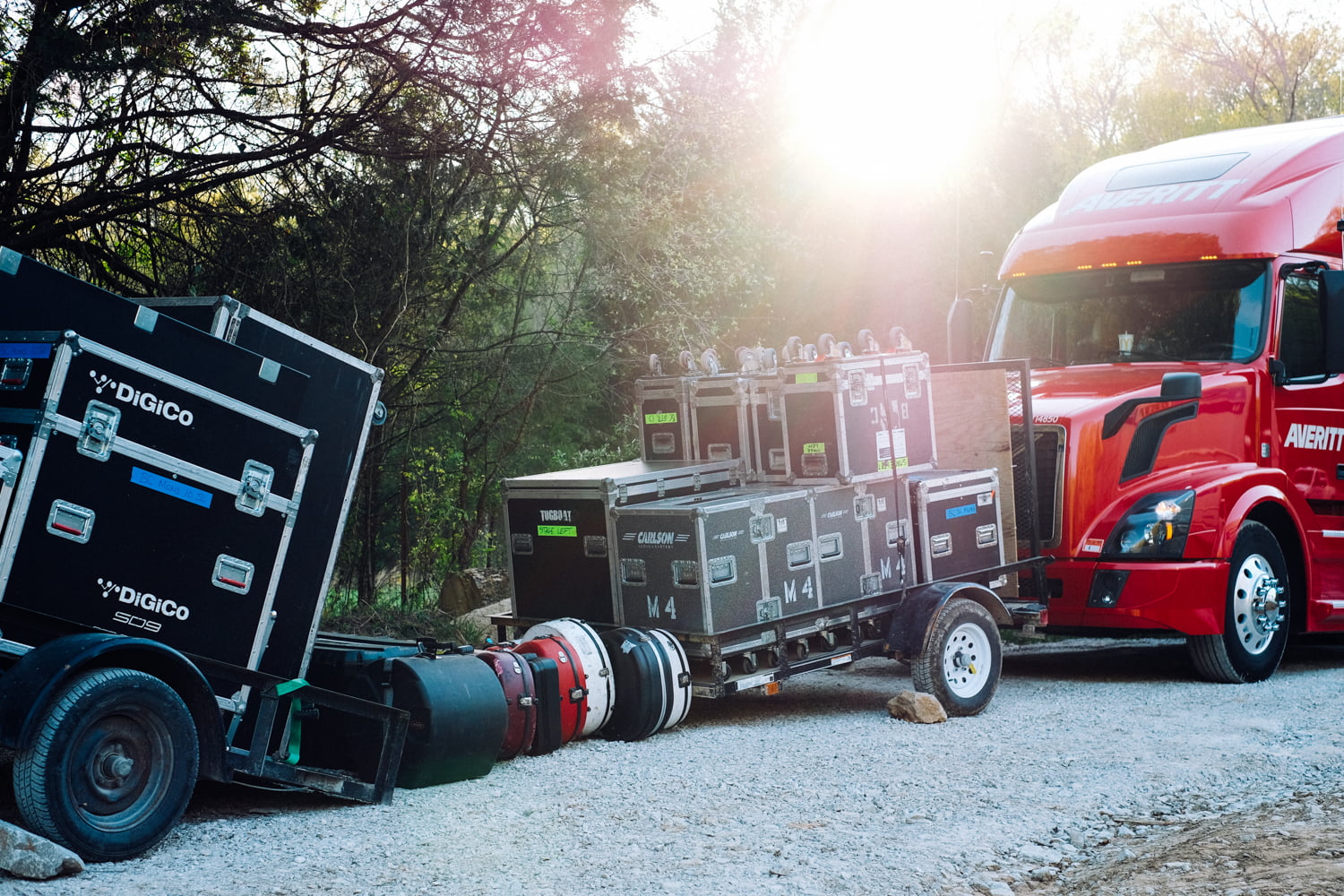(Editor’s Note: To kick off our Artist of the Month coverage for June, we asked legendary musician, songwriter, and co-founder of the Black Country Music Association, Frankie Staton, to discuss and explore the vital work of the Black Opry.
Scroll to find our Essential Black Opry Playlist below.)
Holly G wanted a safe place to not only go and hear ethnic country singers, but safe places for them to sing.
I first met Holly G at the premiere of the CMT Giants: Charley Pride program. Shocked that I was invited to anything in Nashville, I was pleasantly surprised to see several people of color there. It was a great tribute to the life of one of country music’s finest voices. I was there with my two friends, country singers Valierie Ellis [Hawkins] and Joe West. When it was over, we were all introducing ourselves to each other. When I said, “my name is Frankie Staton,” people were saying how happy they were to meet me, and for a moment, I couldn’t understand why. If there was anyone that felt like a failure to acquire results in Nashville, it was me.
When I co-founded the Black Country Music Association in the mid-’90s I couldn’t get anyone signed. Not to a publishing contract or a developmental deal. There were a couple artists that generated some interest, but it just all fizzled out. I am proud of the effort we put in, but wish I could’ve done more. We weren’t able to get anyone on the Grand Ole Opry. Our successes were limited to performances on BCMA showcases, or if we were hired for an event. When you have a gigantic vision, and don’t have the results to match, it can be frustrating. It is wonderful to know, even in hindsight, we made some sort of impact.
I first met the collective Holly G founded, Black Opry, at the Outlaw House during AmericanaFest in 2021. It was so awesome, so therapeutic, so cool, so now. Finally! They are true songwriters, true singers and musicians with an undeniable love for what they do and a grand respect for each other. It is as if they understand that they were built for this moment.
I had a flashback to years ago when I wanted to go to Alabama’s June Jam in Fort Payne, AL. Alabama was a band that I could listen to all day. I loved their harmonies and was just nuts over the group. It would’ve probably been alright if I attended, but I didn’t ever go. Years later, I went to an Outlaw Concert at Bridgestone Arena here in downtown Nashville. The people around me thought I was nuts to want to go see Gretchen Wilson, Montgomery Gentry, Tanya Tucker, Big & Rich, Lynyrd Skynyrd, Shooter Jennings, Jesse Colter, and on and on and on.
My friends couldn’t relate to my love for these artists, despite all of the ways each of them inspired me. Gretchen Wilson, I knew her story! Besides being very talented, and a brilliant singer, I had read about her never having lived in a house without wheels. I always thought that one of the most talented and underrated women in country music was Tanya. I once saw her at Billy Bob’s in Fort Worth, and she literally tore the place apart. What an entertainer! I have respect for her journey. I had never heard anything like Montgomery Gentry, and I loved their outlaw image. I had a tremendous respect for Jessi Colter, a real trooper, with so much experience under her belt.
Although I am African American, I was deeply influenced by country and bluegrass music. Early on it was Patsy Cline, Loretta Lynn, Dolly Parton, Tammy Wynette, and Brenda Lee, along with George Jones, Merle Haggard, Don Williams, Glen Campbell, and Willie Nelson who inspired me. I made the move to Nashville in 1981. To say I was “different” is an understatement. Nevertheless, I loved the music, wrote it, and performed all over town.
I learned, however, that there were boundaries on what I could and couldn’t do. For a long time, I wondered why this was considered “American music” when so many Americans could not sing it.
Finally, in 1997, I challenged a story that was in the New York Times about the dearth of diversity in country music. The things that the label heads said in the piece about my race made my blood boil. They said we couldn’t sing country music, that they couldn’t find credible Black country singers – while they told Black artists that they “didn’t know” what to do with them. People on Music Row would tell us to “go find Charley Pride.”
So I challenged the story. I thought, “You finally have it in print, so why not challenge the story?” I wasn’t sure how to go about it, at that point I had nothing. No Black Country Music Association. No company to promote. No foot in the door. I did it literally with just a telephone. I went to the people that I played for and asked them to sponsor musicians. I went to Jack Daniels and asked them to back me, hired studio musicians to play a show, wrote out the charts, and went to Music Row and asked the publishing houses for songs when I heard voices that were “similar” to current country stars.
I even tried to get songs that were on hold, for seemingly 20 artists, and brought them back to Black artists to sing. It was important that we had great singers, great musicians, and great songs. I worked the press, TV, radio, print media, and just pushed and pushed. We rehearsed at the Woodshed in East Nashville. We did media classes at my house. We practiced walking on stage, holding a mic, having confidence, talking to the press, and being positive. We put together an entire showcase, to be held at an iconic Nashville venue.
There we were, raising our voices for something we truly believed in at the Bluebird Café. No one was signed. There were a couple artists that had had development deals – but that was it. I was a single mom raising a son and a daughter, and for the space in my life, they had to be priority.
The Black Opry was born out of a conversation Holly started online among passionate country music fans. Holly wanted people of diverse ethnicities to be able to expound on their feelings about performing country, bluegrass, folk, and all the other idioms that we were shut out of due to race.
Black Opry entertainers are confident, but humble; moving up in this world, but still grateful. And, they complement each other beautifully. Each artist waits patiently to perform their material and receives applause with such graciousness. They are kind and supportive of each other. I have been moved by the music of Jett Holden, Joy Clark, Tyler Bryant, Nikki Morgan, Aaron Vance, Julie Williams, Roberta Lea, Kam Franklin, Leon Timbro, The Kentucky Gentlemen, Samantha Rise, Danielle Johnson, Grace Givertz and so many others.
Without a doubt, I have witnessed Black artists on the precipice of a new sunrise created by us, for us, and welcoming to all. Holly has reached out to me on several occasions to perform with Black Opry, and I have extended the invite to Valierie Ellis and Joe West, a couple of country artists of color who were here before this new exciting community of singers came along. With over 200 acts, The Black Opry has proved that we are, were, and will always be here. Now the world can see for themselves these truly gifted artists. At the first anniversary of the Black Opry in 2022, I was just stunned by the beauty of seeing them all together, excited to perform to a completely packed house at Nashville’s City Winery.
I noticed the women performing effortlessly for a huge crowd. Being that we weren’t even considered a part of this genre, this was a surreal moment for me. The memory of Linda Martell, who charted in the Top 25 on the Billboard charts, who had all the goods, the looks, the sound, and the desire to do it, and who still did not have a real career in country music, says it all. For Ruby Falls to perform at the New Faces show for the Country Radio Seminar, but not be able to tour, says it all. Or, to hear that Warner Brothers told Valierie Ellis they didn’t know what to do with a Black female country singer and that sometimes, “people hear with their eyes,” made this anniversary celebration night a full circle moment to me. To see independent artists producing their own material, not ruled by the auspices of this city and genre, is very satisfying for my soul. So many people have been blessed by the Black Opry.
I performed with the Black Opry at Exit/In in December of 2021, when we were all afforded the opportunity to meet and perform with Allison Russell, for whom there are no adequate words to describe. From seeing all the accolades and television appearances Allison has had, crossing my fingers for her Grammy nominations, and seeing her collaborate with artists – like Brandi Carlile, the musically proficient Milwaukee-born duo, Sistastrings, and the masterful, New Orleans-born guitar virtuoso, incredible vocalist, and songwriter, Joy Clark – has been a wonderful experience for me. I also just witnessed the premiere of Roberta Lea’s new video, “If I’m Too Much of a Woman” from Times Square in New York City. She was included in the 2023 class of CMT’s Next Women of Country. My introduction to all of these artists came through the Black Opry.
Black Opry serves as a place for artists, musicians, and songwriters to find in others what they may lack, which is so rich. This is a warm place to be yourself and not be ostracized for loving a music that did not love you back, historically. In its infancy, Black Opry is just beginning to break ground. In a city where there was major marginalization and gaslighting, Black Opry just walked through doors without stumbling, forging into the future without any apologies for being in the room. They will only build from here, and I know for a fact that there are no limitations, just the next opportunities.
There are moments that I can’t help but tear up at the memory of those who are no longer in it. Those who sacrificed so much for this music, but were severely shortchanged: Jae Mason, a brilliant singer, songwriter and guitarist, wrote about “Little Cowboys and Cowgirls of Color” when he asked his mom why he didn’t “see Black cowboys on TV.” Scott Eversoll, who sang the wonderful Troy McConnell song, “What Color Am I?” And, Wheels, an all-Black country band from Lanett, Alabama, that toured extensively in the U.S. before losing their lead singer, Chris, to a massive heart attack. Iconic would be the only word to describe these guys.
As a person who is blessed to witness both generations, I will always feel a sense of sadness for those who are no longer in it and a profound joy and excitement for those that are right here, right now. And I will always carry the spirit of those who tried with me.
I hope you have an opportunity to see a Black Opry concert. This is a historic, unforgettable, long-overdue celebration of some long-held trade secrets – finally here for the world to witness.
Photo Credit: Gabriel Barreto







